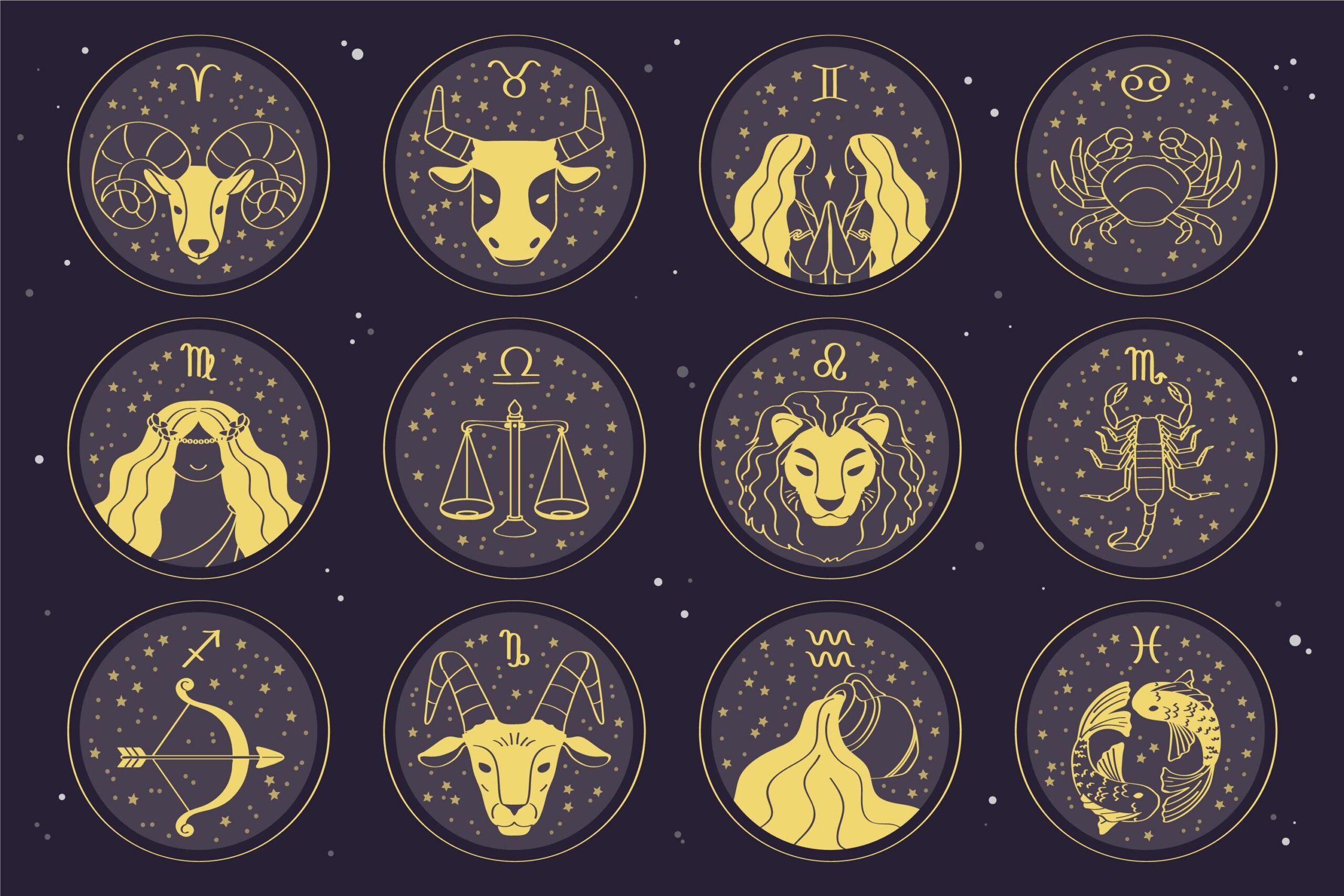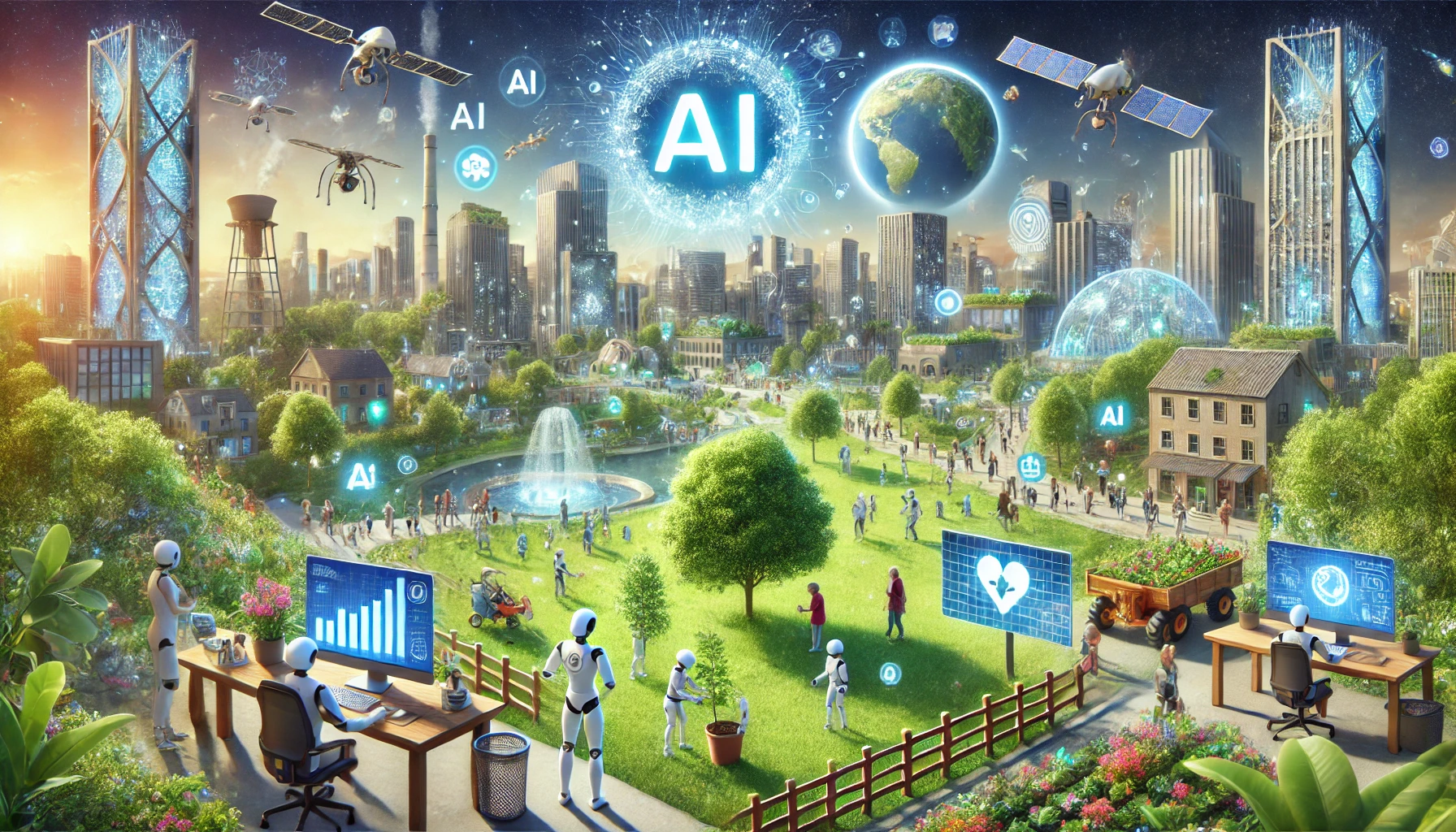Astrology has been a subject of fascination and debate for thousands of years. Some people swear by it, using horoscopes to guide their decisions and explain their personality. Others dismiss it as nothing more than superstition. So, is astrology real or fake? Let’s explore both sides of the argument to understand why it remains so popular and whether there’s any scientific basis for it.
What is Astrology?
Astrology is the belief that the position and movement of celestial bodies—such as stars, planets, and the moon—can affect human lives, personalities, and events. This belief dates back to ancient civilizations like the Babylonians, Egyptians, and Greeks. There are several forms of astrology, with Western astrology and Vedic (Indian) astrology being the most well-known today.
In Western astrology, the 12 zodiac signs are linked to specific personality traits. People believe that knowing your “sun sign” (the zodiac sign determined by your birth date) can reveal things about your character, relationships, and future. Vedic astrology follows a similar idea but focuses more on the moon sign and uses different calculations.
Why Do Some People Believe in Astrology?
Astrology has a powerful appeal for many people because:
- Personal Connection: Reading horoscopes or birth charts can make people feel that they are understood or that there’s a deeper meaning to their life. Astrology offers a sense of comfort or guidance in times of uncertainty.
- Cultural Tradition: In many cultures, astrology is deeply rooted. In India, for instance, people often consult astrologers before making major life decisions, like marriage or starting a business.
- Confirmation Bias: This is the tendency to notice and remember things that support our beliefs while ignoring things that don’t. For example, if your horoscope predicts you’ll have a good day, you might focus on the good things that happen and forget about the bad moments.
- General Statements: Many astrological predictions or personality traits are written in a vague way that can apply to almost anyone. When you read something like “you enjoy being around others, but sometimes you need time alone,” it’s easy to agree, as this applies to most people.
The Case Against Astrology
While astrology is popular, especially in magazines, apps, and websites, it lacks scientific backing. Here’s why many experts believe astrology is not real:
- No Scientific Evidence: Studies have shown that there’s no reliable link between a person’s astrological sign and their personality or life events. For example, twins born under the same astrological signs often have very different personalities and lives.
- The Stars Have Moved: Western astrology is based on the position of stars and planets as they were thousands of years ago. However, due to the Earth’s wobble (called precession), the positions of the stars have shifted over time. This means that the zodiac signs in Western astrology are no longer aligned with their original constellations.
- Human Behavior is Complex: Personality and behavior are influenced by a wide range of factors, including genetics, environment, experiences, and psychology. The idea that all people born under the same sign share the same traits oversimplifies human nature.
- Contradicting Horoscopes: Different astrologers can give completely different predictions for the same person. If astrology were a true science, all astrologers would arrive at the same conclusions based on the same birth chart.

Why Does Astrology Feel Real to Some People?
Even though there’s no scientific proof, astrology feels real to many people. There are several psychological reasons for this:
- The Barnum Effect: This is when people believe vague and general statements are specifically about them. If an astrologer says you “have a big heart, but sometimes feel misunderstood,” most people would agree because the statement could apply to anyone.
- Cognitive Bias: Humans naturally look for patterns and meaning in the world around them. Astrology provides an easy explanation for why things happen or why we behave the way we do, even if it’s not based on facts.
So, Is Astrology Real or Fake?
From a scientific perspective, astrology is considered fake because it lacks evidence and cannot be tested or proven in the same way other sciences can. However, for many people, astrology is very real on a personal level. It offers comfort, insight, and a sense of connection to the universe.
At the end of the day, whether you believe in astrology is up to you. If reading your horoscope or getting a birth chart reading brings you peace, positivity, or a sense of fun, that’s not necessarily a bad thing. But it’s important to recognize that astrology should not be relied upon for making serious decisions or understanding complex issues in life.
Conclusion
Astrology, despite its long history, remains controversial. While millions of people around the world enjoy reading their horoscopes and find value in astrological insights, science tells a different story. There is no solid evidence to prove that the stars and planets affect our personalities or future. Still, its widespread popularity shows that many people find something meaningful in it, whether or not it’s real.







